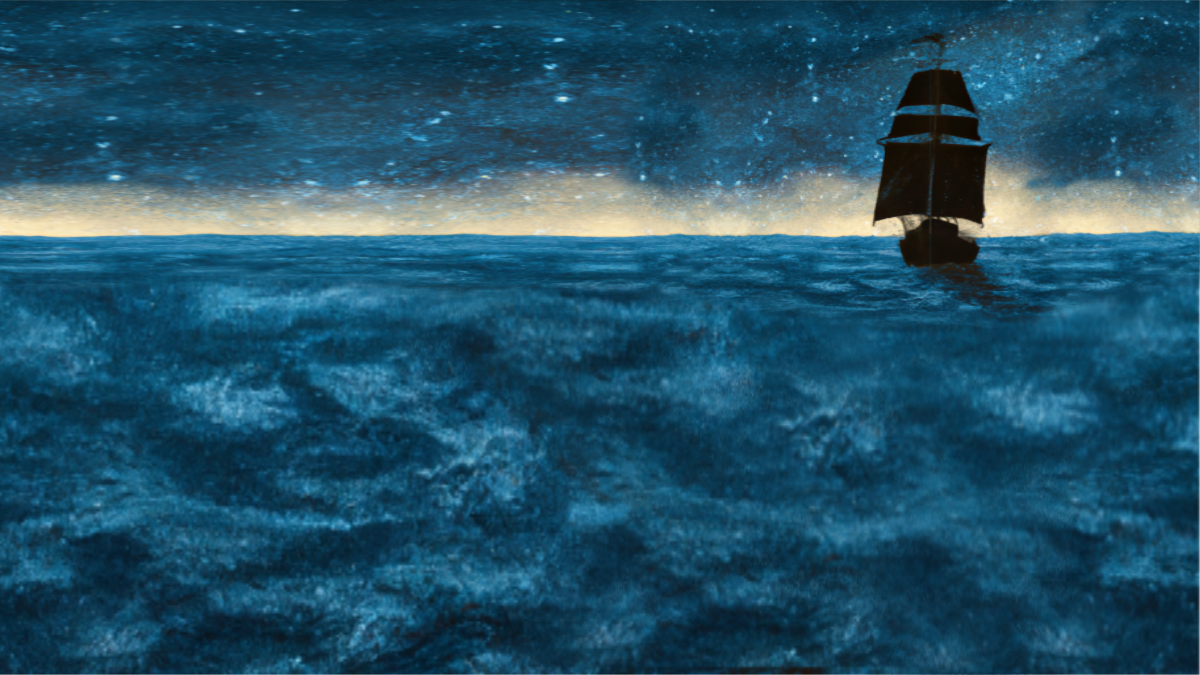
By Frank White
We set sail on this new sea because there is new knowledge to be gained, and new rights to be won, and they must be won and used for the progress of all people. For space science, like nuclear science and all technology, has no conscience of its own. Whether it will become a force for good or ill depends on man, and only if the United States occupies a position of pre-eminence can we help decide whether this new ocean will be a sea of peace or a new terrifying theater of war.
President John F. Kennedy, Rice University Speech, 1962 (1)
On a sweltering September day in 1962, President John F. Kennedy stood in the football stadium at Rice University and with ringing rhetoric that inspires us to this day, justified his administration’s large financial commitment to Apollo program. Having served heroically in the Navy during World War II, he naturally compared “space” to “a new sea/ocean.”
Then, and now, skeptics say the following: “We shouldn’t be spending so much money in space when there are so many problems on Earth.” This statement has always had a fundamental problem and it lies within the definitions the speakers use.
First, as former astronaut Nicole Stott has pointed out, no money has actually been spent off of planet Earth to date. All the funds expended on space exploration and development have been spent on Terra Firma, from astronaut salaries, to the cost of building spacecraft, to the manufacturing of Earth-orbiting satellites.
Of course, there are many problems that need to be confronted on Earth. But we need to see them in context, and that is the second definitional challenge. The context is not “Earth versus Space,” but “Earth in space.”

Our home planet is itself in space, a natural spaceship that travels around the sun while the sun travels around the galactic center. The galaxy is also in motion, part of an expanding universe. Humans, then, along with other life forms on Earth, might best be seen as the crew of Spaceship Earth, which is in fact exploring the universe on a daily basis. In an ironic sense, then, we are spending money in space because that’s where the Earth is! Logically, we’ve come full circle!
Returning to President Kennedy’s original metaphor, if we compare our natural spacecraft with an ocean liner, consider this: would you expect the crew of that ship to be crossing the seas without knowing anything about their surroundings? Of course not! The captain wants to know how deep the ocean is as her ship glides across calm waters, or battles storm- swept waves. She will want to understand the weather this time of year, and, if the ship is headed for a port of call, what their rules and regulations might be.
As our own spaceship moves through the universe, it makes sense for us to understand as much as we can about the “ocean” we are traversing. Whether that understanding arises from a remarkable accomplishment like the James Webb Space Telescope, the rovers on Mars, or the excursions of astronauts into Low Earth Orbit and beyond. In the first 61 years of human space exploration, we have created numerous “islands” in the vast ocean of outer space, with the International Space Station as our crowning achievement to date.
Now, this island-building process is slated to begin on a much wider scale, with the advent of so-called “private space stations.” Among these will be Orbital Assembly Corporation’s Pioneer-class systems. Having destinations like these will be critical to Large-Scale Space Migration (LSSM) that leaves a light human footprint on planetary surfaces like the Moon and Mars.

We are creating safe harbors for the future ‘star sailors’
Rhonda Stevenson, CEO, Orbital Assembly
of this ‘new ocean’ of space.
In the words of OAC’s President and CEO Rhonda Stevenson, “We are creating safe harbors for the future ‘star sailors’ of this ‘new ocean’ of space.” President Kennedy would, I think, be pleased.
Back in 1962, his speech at Rice gave us the language and the vision, and it inspires us six decades later!
References
(1) JFK Library, “Address At Rice University On The Nation’s Space Effort,” 9/12/62, https://www.jfklibrary.org/learn/about-jfk/historic-speeches/address-at-rice-university-on-the-nations-space-effort

About the Author
Frank White is a magna cum laude graduate of Harvard College, a member of Phi Beta Kappa, and a Rhodes Scholar. He earned an M.Phil. in Politics from Oxford University, where he was a member of New College. The fourth edition of Frank’s best-known book, The Overview Effect: Space Exploration and Human Evolution, was published by Multiverse Publishing, a division of Multiverse Media LLC, in 2022. Frank is president of The Human Space Program, Inc., a nonprofit organization based on an idea initially proposed in The Overview Effect.
(c) Copyright Frank White, 2024, All Rights Reserved. Published with permission by Above Space


You must be logged in to post a comment.